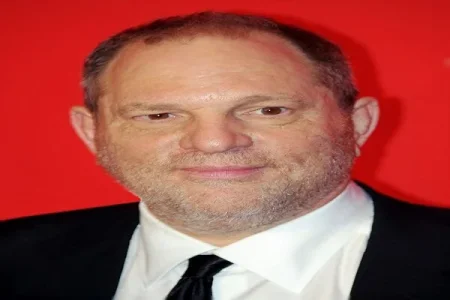
New York's highest court has overturned Harvey Weinstein's 2020 conviction on sex crime charges, delivering a significant blow to the #MeToo movement. The Court of Appeals' decision, passed with a narrow 4-3 majority, centered on the trial judge's admission of testimony from women not named in the charges against Weinstein, leading to the ordering of a new trial.
Judge Jenny Rivera, writing for the majority, emphasized that the accused must be held accountable only for the crimes charged, highlighting the error in admitting testimony regarding prior bad acts solely to establish a propensity for criminality.
The ruling, however, does not affect Weinstein's separate 16-year rape sentence handed down in California in 2022, ensuring that the once-powerful Hollywood figure remains behind bars. The 72-year-old producer, a central figure in the #MeToo movement, was convicted in a New York court in February 2020 of rape and sexual assault charges involving ex-actress Jessica Mann and former production assistant Mimi Haleyi, resulting in a 23-year prison sentence.
Reactions to the court's decision have been mixed. The Silence Breakers, a group of women who came forward to report Weinstein's misconduct, expressed dismay over the ruling, calling it "profoundly unjust." They stressed that the decision does not diminish the validity of their experiences but represents a setback in their pursuit of justice.
The overturning of Weinstein's conviction has reignited discussions about the effectiveness of the legal system in addressing sexual violence. While #MeToo founder Tarana Burke lamented the setback, she acknowledged the courage of the women who spoke out against Weinstein, noting that their actions inspired others to come forward.
Weinstein's case adds to a growing list of high-profile men whose convictions have been overturned in the aftermath of the #MeToo movement.


![[VIDEO] Drake Surprises Fans with Rema at Wireless Fest Day 3](/data/attachments/218/218913-e85e193ee63631b75571db4e3164790a.jpg?hash=3WNc_rv95q)

